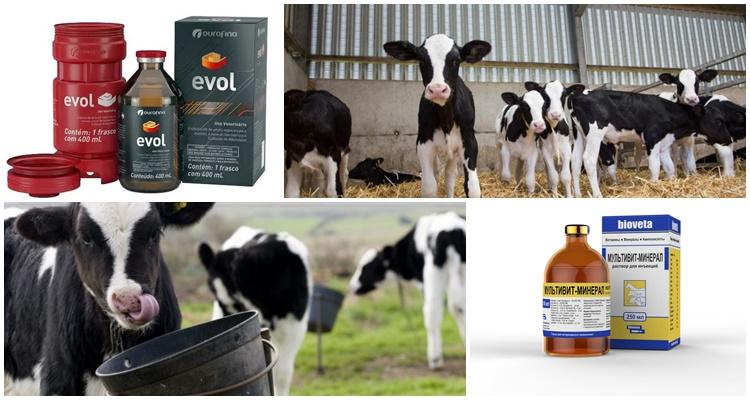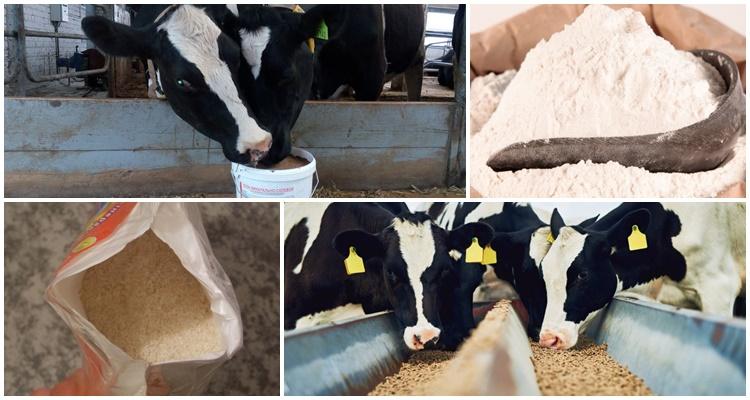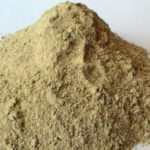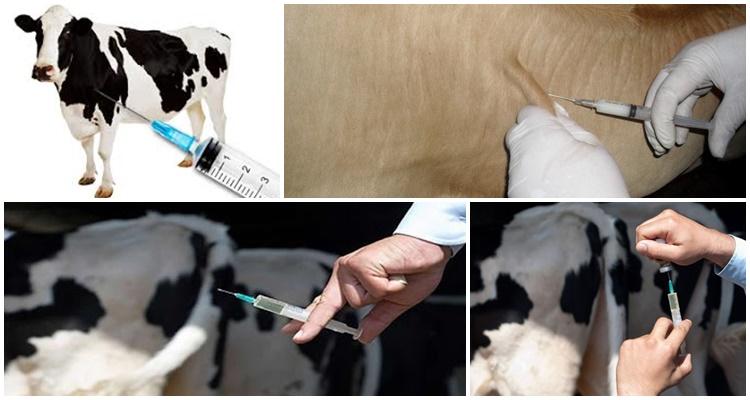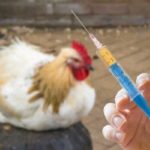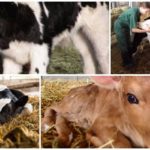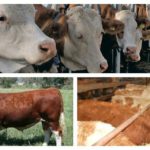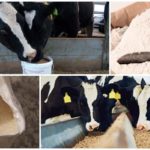A newborn calf can receive adequate nutrition from its mother's milk. At first this is quite enough. But as your pet grows, it requires a new diet. Today there are many complexes that help saturate the body with important substances. However, their lack causes various health problems. Using special vitamins for calves helps correct the situation.
Signs of vitamin deficiency in a calf
There are many elements that are important for cattle.Their deficiency is accompanied by unpleasant symptoms:
- Vitamin D deficiency causes limping, tooth loss and gum inflammation, bone deformation, and decreased activity. The calf may lick walls, urine, or various objects. Sometimes the animal eats stones.
- Vitamin A deficiency manifests itself in the form of increased dryness of the mucous membranes, impaired growth, and impaired vision. There is also a risk of inflammation of the mucous membranes of the respiratory organs.
- With an insufficient amount of B vitamins, coordination of movements suffers, joints swell, digestion is disrupted, and the body is depleted.
What vitamins are used for rapid growth of calves?
The main vitamins for calves are A and D. With their deficiency, irreversible processes develop. They negatively affect the development of animals and subsequent productivity.
The remaining vitamins are natural synergists. Without them, there are problems with the absorption of many compounds. For substances to provide good results, they must be given in combination. So, the main vitamins for fattening calves include:
- A – activates growth processes and normalizes the protective functions of the immune system;
- D - improves the development of bone structures, while with a lack of this substance there is a risk of developing rickets.
Excipients include:
- group B – restore metabolic processes in the body and provide an influx of energy;
- E - is considered a synergist of vitamin A and helps protect cells from oxidation.
If a calf does not receive enough vitamins, destructive processes can develop in its body. This leads to the development of various pathologies and can even cause death.Auxiliary vitamins are also of great importance. However, their deficiency does not lead to the death of the pet.
When can you start giving?
Calves receive their first vitamins from birth from their mother’s milk. If the cow calved in autumn or winter, there is a risk of nutrient deficiency. In such a situation, it is worth adding a few drops of complex vitamins to the milk. In this case, you need to use formulations for newborns.
Reception rate
The daily amount of vitamins depends on their type:
- A – calves require 30,000-40,000 international units;
- D – you need to give 3000-4000 international units;
- E – give in the amount of 30-40 international units;
- B1 – use 30 milligrams.
It is recommended to give any vitamin complexes to calves in accordance with the instructions and recommendations of the veterinarian.
How to feed calves correctly
To prevent complex pathologies associated with vitamin deficiency, powders should be added to prepared food. If the animal experiences complications, medications are administered by injection. This can be done subcutaneously or intramuscularly.
In powders
Today there are many effective remedies that help improve the condition of calves and saturate their bodies with valuable substances. To do this, you can use the mixture “Gavryusha” - premix for calves. It contains vitamins A, D3, E. The product also includes many additional elements - cobalt, iodine, iron, magnesium. When using the substance, it is recommended to mix 1 packet of the drug in equal parts with wheat flour. Then add the prepared composition to the feed. Another effective remedy is Introvit A+VP. This is a water-soluble complex that includes vitamins B, A, C, E, K3, D3.It also contains the following components:
- amino acids – arginine, proline, serine, tryptophan;
- minerals - sodium chloride, ferrous sulfate, magnesium, sodium, manganese.
The therapeutic dosage is 0.5 grams per 10 kilograms of live weight. The prophylactic dose reaches 0.5 grams per 20 kilograms. The course of application should last 3-5 days.
Biomix is considered an effective means of supplying the calf with valuable substances. This supplement comes in powder form. It can be used constantly to saturate food with important elements. The product can be given to calves whose age ranges from 15 days to six months. The composition contains the following components:
- vitamins B, A, E, D3, calcium;
- minerals - this category includes copper, zinc, magnesium, selenium, phosphorus, calcium;
- additional substances - these include chalk and wheat.
The product should be given along with food. For 1 individual it is worth using 50 grams of the substance. The supplement should be given once a day.
In injections
Injections cause serious stress in animals. Therefore, it is permissible to inject useful elements into young animals older than six months. For this you can use Introvit. The product can be used for therapeutic and prophylactic purposes. It helps against vitamin deficiency and metabolic disorders. The composition contains vitamins B, A, H, D3, E. The product also includes methionine and lysine. It is recommended to administer 5-10 milliliters of the product to calves. This should be done subcutaneously or intramuscularly. There is no need to dilute the substance. The medicine can be used from 6 months.
You can also use Nucleopeptide to replenish vitamin deficiencies. This natural medicine is made from the spleen of cattle. It is used to increase weight gain, stimulate growth, and develop resistance. Newborn calves are given 100-150 milliliters orally during the first 3 days or 0.1-0.2 milliliters are administered subcutaneously per 1 kilogram of weight.
Many farmers use antibiotics to treat calves. However, they have nothing to do with vitamins. If there is a shortage, it is important to solve the problem, and not to aggravate the situation by using means that lead to the destruction of beneficial flora.
Combination with meals
A proper and balanced diet for calves is considered an excellent prevention of vitamin deficiency. The main task of farmers is to provide young animals with the optimal amount of vitamins and minerals, regardless of the form of release.
When planning your diet, you should take age and body weight into account. This will help you select the required dose of drugs and add them to the feed. It is also worth introducing a lot of vegetables and root vegetables into the calves’ diet. They also need feed.
The effect of stimulants on the human body
Don't be afraid to give animals nutrients. They help improve their growth and development and do not affect the condition of the human body. It is important to strictly adhere to the dosage. In order for calves to grow and develop normally, they require sufficient amounts of vitamins. Farmers should know the main symptoms of vitamin deficiency. This will help avoid the development of complex pathologies that can lead to the death of your pet.

